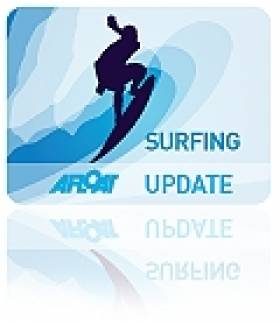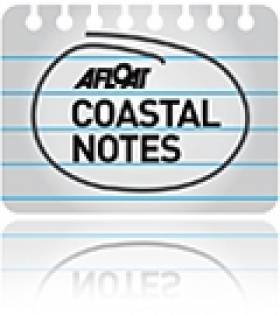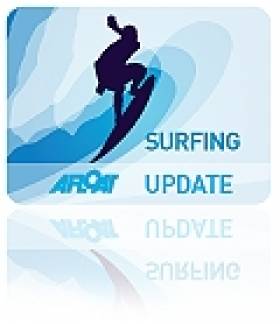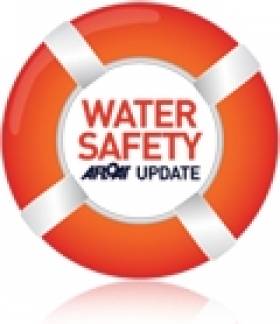Displaying items by tag: Lahinch
Laois Surfers Hit the West Coast for Winter Surfing Season
#SURFING - Landlocked Laois may not be the known for its surfing prowess, but the Midlands county's waveriders have a busy winter season ahead of them, as the Leinster Express reports.
Laois Surf Club members regularly frequent the popular surfing spots of Ireland's west coast, and this autumn and winter is no exception.
First up was last weekend's Lahinch Longboard Contest organised by the West Coast Surf Club, to be followed by the annual inter-counties competition in Rossnowlagh, Co Donegal on 13-14 October.
“Being landlocked in Laois is a disadvantage but not a deterrent for those of us who enjoy and love surfing, it’s such good fun, healthy and you always feel great after a two-hour stint in the water,” said club chairman Steve Kidd.
The Leinster Express has more on the story HERE.
Swimming Ban at Clare Beaches Over E-coli Fears
#COASTAL NOTES - Surfers in Co Clare have been dealt a blow as the The Irish Times reports on a swimming ban at Lahinch and two other beaches over concerns of a potential outbreak of E-coli.
The beaches at Lahinch, Kilkee and Spanish Point ae covered by the ban, which was made by Clare County Council in consultation with the Health Service Executive after traces of E-coli were found in routine quality tests of the water.
Water runoff as a result of the recent heavy rainfall over the last few weeks has been blamed for the rise in bacteria levels, which has also seen Lahinch and Kilkee have their Blue Flag status suspended until they can meet the required quality standards.
The Irish Times has more on the story HERE.
Irish Surfer Needs Funds to Attend Big Wave Awards
#SURFING - A young surfer from Lahinch in Co Clare is in the running for the 'biggest wave' prize in the 2012 Billabong XXL contest for his monster ride at Mullaghmore Head, The Irish Times reports.
Ollie O'Flaherty, 24, is nominated along with Devon's Andrew Cotton for the massive surf they caught off Co Sligo on 8 March last.
It was the first visit to the world-class big wave spot by O'Flaherty, a science student at NUI Galway who is a veteran of the Co Clare scene.
As previously reported on Afloat.ie, it was Cotton who tackled the biggest wave on that day - a giant 50-footer - as some of the world's top surfers took advantage of the Viking swell.
Also nominated for the $50,000 (€38,280) prize is Irish-American surfer Garrett McNamara, who last year rode what is being called the biggest wave ever surfed in the world, a 90-foot goliath off Nazaré in Portugal.
According to the Irish Independent, O'Flaherty has put out a call for sponsorship so he can attend the awards ceremony next month.
"It's a massive honor to be able to represent Ireland," he said, but added that he is "pretty much on the breadline from what I'm doing".
Should he win, the Lahinch native said he intends to "put every cent back into surfing" and replace his seven broken boards.
The winners will be announced at the Billabong XXL Big Wave Awards in Anaheim, California on 4 May.
Swimmer Dies After Being Swept Out to Sea
A 35-year-old woman died after being swept out to sea while swimming at a beach in Co Clare yesterday, the Irish Independent reports.
The Limerick woman, named locally last night as Julie Burke, was caught in a strong current at a beach across the bay from Lahinch around 3pm yesterday afternoon.
It is understood that a number of people on the beach attempted rescue, but the woman was washed away.
Shortly afterward she was located unconscious by crewmembers from the Irish naval offshore patrol vessel LE Aisling, who took her to waiting paramedics and a rescue helicopter waiting on shore.
The woman was airlifted to Galway's University Hospital, where she was pronounced dead at 5.45pm.
































































